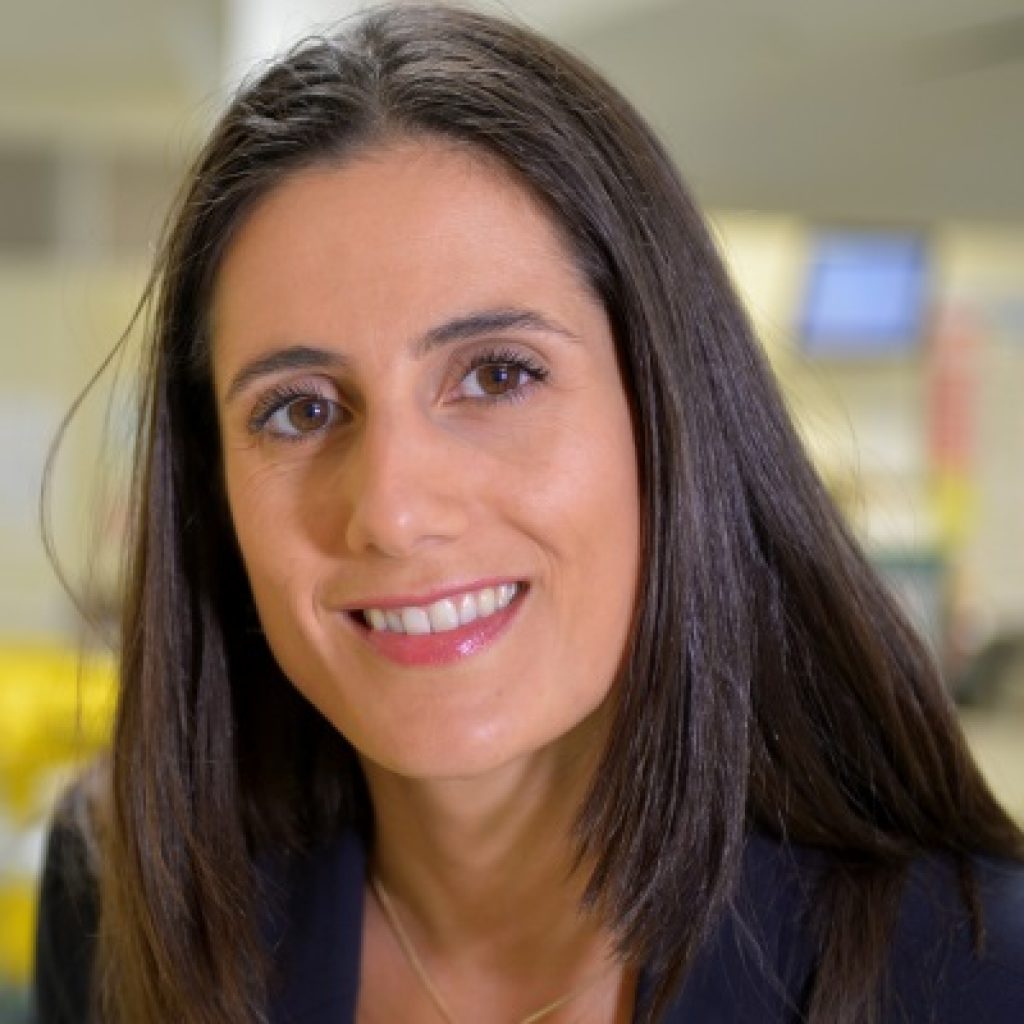Tell us about your current research project?
I will undertake several projects during my fellowship. First, in times of crisis, such as the recent bushfires and the COVID-19 pandemic, self-management and access to healthcare may be impacted. One of my projects which started last year, in collaboration with Dr Learmonth from Murdoch University and others, will help us understand how to prepare the MS community for future and ongoing crises. As we know, MS and common symptoms require life-long management by the person with MS (self-management) with direction from a team of healthcare professionals to guide clinical and allied health treatments. Decision making about whether treatments are effective and safe are based on rigorous research, summarised in practice guidelines for MS clinicians and resources for people with MS. However, gaps in the availability and quality of guidelines and resources regarding self-management, as well as in uptake of these, make decision making and prioritisation of treatments suboptimal. One of my projects aims to understand and map some of these gaps and develop recommendations for these resources to promote safe and effective treatments for better health outcomes. Finally, novel statistical methods have become available that can help determine which treatments are the most safe and effective, even if they have not been compared directly in research previously. A lot of evidence is available from a range of treatment types, such as psychological, pharmacological, physical activity, and others. During my fellowship I will assess the evidence to understand whether we can compare which are the most effective and safe to treat common MS symptoms such as walking impairment, depression and fatigue, and develop treatment recommendations based on the findings.
